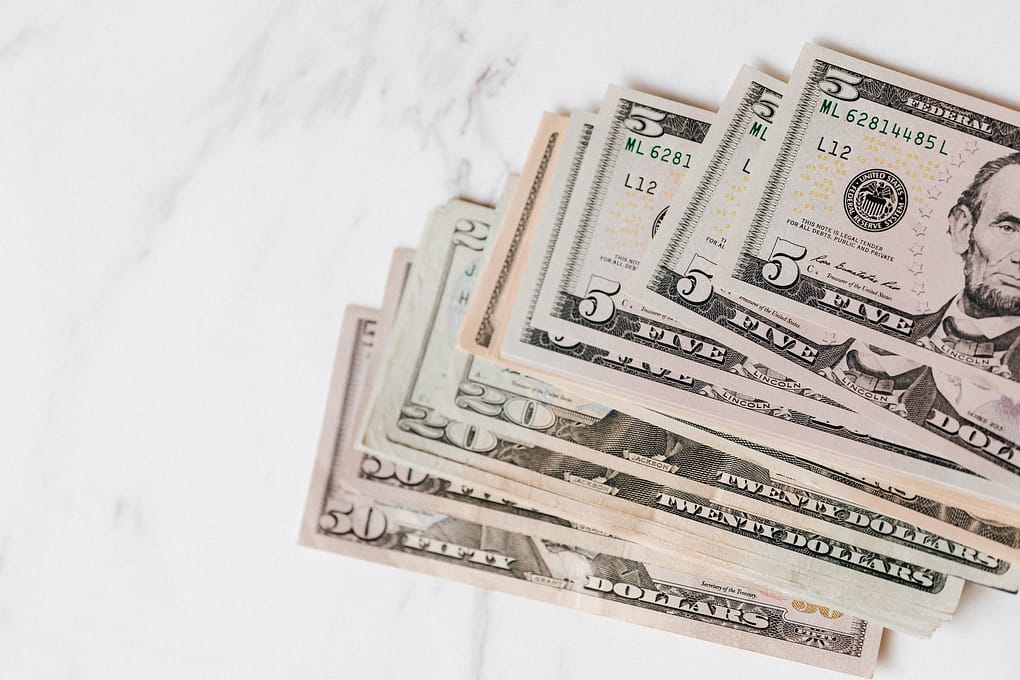When it comes to money, Albert Einstein once said “Compound interest is the eighth wonder of the world. He who understands it, earns it; he who doesn’t, pays it” I would like to think that he knew a thing or two about compound interest, I mean he was a genius. But …what is compound interest?
The David Ramsey’s of the world explains compound interest as the balance in a savings or investment account earns interest and then reinvested and then earns more interest on the amount saved (principal) and then the interest, so in effect you are earning interest on the interest. That sounds GREAT!!! RIGHT!!!
So what does that look like: Let’s say you have $1,000 in a savings account that earns 5% in annual interest. In year one, you’d earn interest of $50, giving you a new balance of $1,050. In year two, you would earn 5% on the larger balance of $1,050, which is $52.50—giving you a new balance of $1,102.50 at the end of year two. So, in year 1 you have $50 in interest, in year 2 you have $52.50 in interest and gained $2.50 on the interest earned in year 1. Now imagine your account balance at the end of 30 years.
Thanks to the magic of compound interest, the growth of your savings account balance would accelerate over time as you earn interest on increasingly larger balances. If you left $1,000 in this hypothetical savings account for 30 years, kept earning a 5% annual interest rate the whole time, and never added another penny to the account, you’d end up with a balance of $4,321.94.
Now compound interest can also work against you. Think about it, if you have a balance on your credit card, line of credit or any other debt instrument and only make the minimum payment at the end of the month and not the full payment you will keep paying interest upon previous interest to the credit card holders and more money will be leaving your wallet if you are not careful, that’s why all financial planners advise clearing all debt before saving for a down payment on a house or saving for retirement.
Now we all want the money to stay in our wallets so make sure all debts are paid and then beginning on retirement or home ownership and make compound interest work for you.
There are several things you must be aware of to make compound interest work for you:
1. How long will you be saving for. If you start saving in your twenties with retirement in 45 years, your money will exponentially multiply and will require a smaller monthly amount than if you start saving at age 40.
2. The interest you will receive from the financial instrument, will it be 1%, 2%, 3% and so on. The higher the interest rate the more money you will make.
3. How often will the interest be calculated, daily, monthly, yearly
4. How much are you going to deposit to open the account and will you be make daily, monthly or yearly contributions to increase the amount interest will be calculated on.
So there you have it- Another simple way to make money without lifting a finger!
Compound interest is the eighth wonder of the world. He who understands it, earns it; he who doesn’t, pays it.
Albert Einstein
